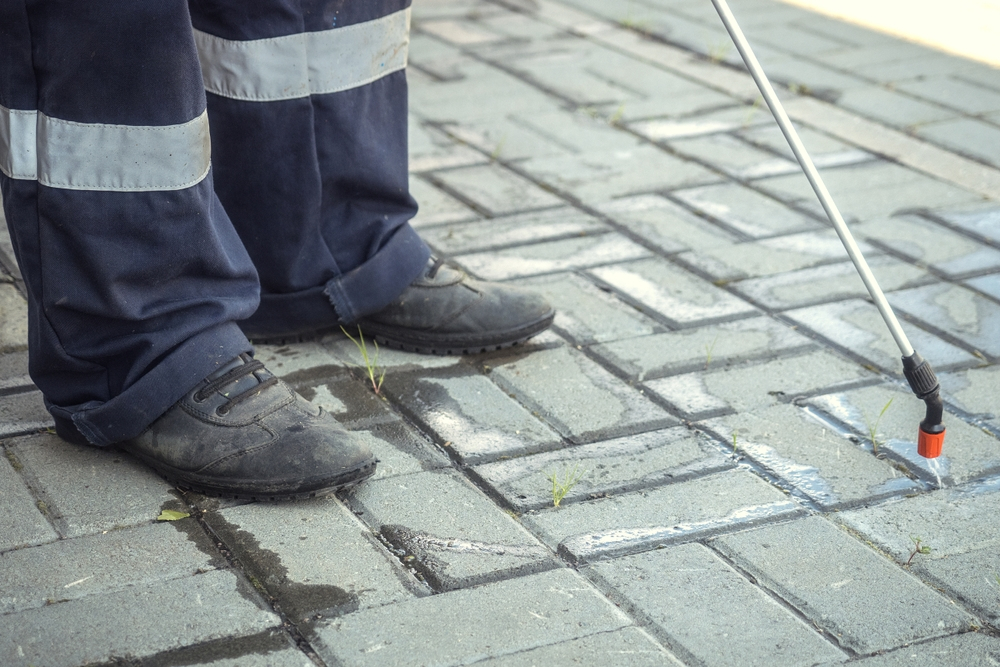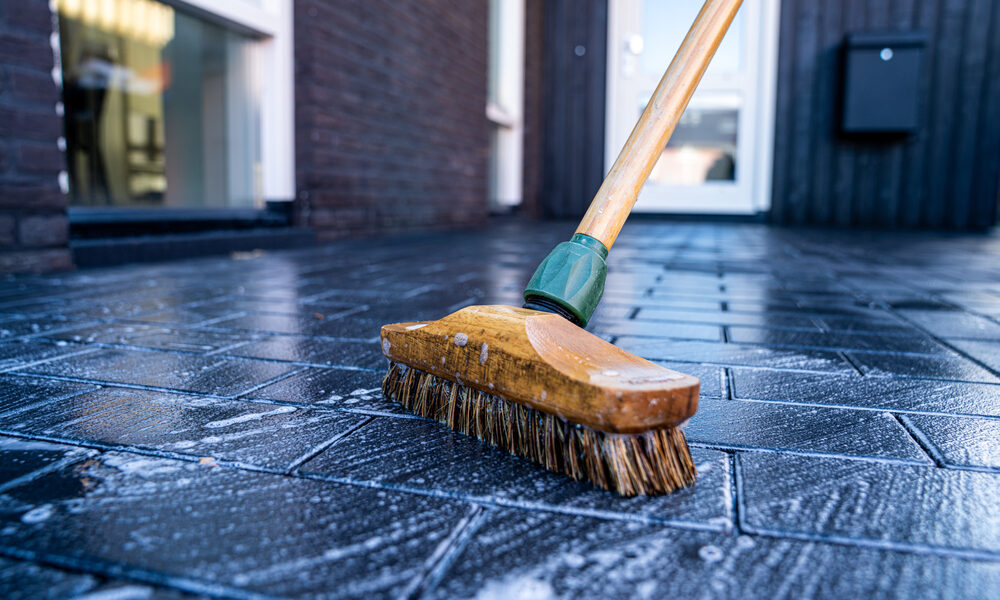Concrete is a versatile and durable material that is commonly used in construction projects, from residential driveways and patios to commercial buildings and roadways. Despite its strength, concrete can become dirty and stained over time, requiring periodic cleaning to maintain its appearance and prolong its lifespan. The use of concrete cleaning chemicals can help to effectively remove dirt, grime, and stains from your concrete surfaces, ensuring they remain in top condition.
In this comprehensive guide, we will explore the various types of concrete cleaning chemicals available on the market, their benefits and drawbacks, and how to choose the right product for your specific needs. Additionally, we will provide helpful tips for using these chemicals safely and effectively, as well as alternative cleaning methods for those who prefer a more eco-friendly approach.
1. Types of Concrete Cleaning Chemicals
There are several types of concrete cleaning chemicals available on the market, each designed to target specific types of dirt, grime, and stains. Some of the most common types include:
- Alkaline cleaners: These cleaners are effective for removing dirt, grease, and oil stains from concrete surfaces. They work by breaking down the oily substances, making them easier to rinse away.
- Acidic cleaners: These cleaning chemicals are designed to remove mineral deposits, such as efflorescence, rust, and hard water stains. They work by dissolving the minerals, allowing them to be rinsed away.
- Enzymatic cleaners: These cleaners use enzymes and bacteria to break down organic stains, such as mold, mildew, and algae. They are often considered more environmentally friendly than other types of cleaners.
- Specialty cleaners: These cleaning products are designed to target specific types of stains, such as paint, graffiti, or gum.
2. Benefits of Using Concrete Cleaning Chemicals
There are several benefits to using concrete cleaning chemicals for surface maintenance, including:
- Improved aesthetics: Regular cleaning can help to maintain the appearance of your concrete surfaces, preventing unsightly stains and discoloration.
- Enhanced durability: By removing dirt, grime, and other contaminants, cleaning chemicals can help to protect your concrete surfaces from damage and extend their lifespan.
- Increased safety: Clean, well-maintained concrete surfaces are less slippery and pose fewer hazards to pedestrians and vehicles.
- Cost-effective maintenance: Regular cleaning with the appropriate chemicals can help to prevent the need for more costly repairs or replacement in the future.
3. Choosing the Right Concrete Cleaning Chemical for Your Needs
When selecting a concrete cleaning chemical, it’s essential to consider the specific type of dirt, grime, or stain you need to remove. As mentioned earlier, different cleaning chemicals are designed to target specific substances, so it’s crucial to choose a product that will be effective for your specific needs.
In addition to the type of stain, you should also consider the following factors when selecting a concrete cleaning chemical:
- Surface type: Some cleaning chemicals may be more suitable for specific surfaces, such as stamped or colored concrete. Be sure to choose a product that is safe and effective for your particular surface.
- Environmental concerns: If you prefer a more eco-friendly approach, consider using enzymatic cleaners or other environmentally friendly products.
- Ease of use: Some cleaning chemicals may require additional equipment, such as a pressure washer or concrete cleaning machine. Be sure to choose a product that aligns with your preferred cleaning method and equipment availability.

4. How to Use Concrete Cleaning Chemicals Safely and Effectively
To ensure the safe and effective use of concrete cleaning chemicals, follow these tips:
- Always read and follow the manufacturer’s instructions for the specific cleaning chemical you are using.
- Wear appropriate protective gear, such as gloves, goggles, and long sleeves, to protect yourself from potential chemical exposure.
- Test the cleaning chemical on a small, inconspicuous area of your concrete surface before applying it to the entire area.
- Apply the cleaning chemical evenly and allow it to dwell for the recommended amount of time before rinsing or scrubbing.
- Rinse the surface thoroughly with water to remove any remaining cleaning chemical residue.
5. Alternative Cleaning Methods for Concrete Surfaces
If you prefer not to use concrete cleaning chemicals, there are alternative methods for cleaning your concrete surfaces, including:
- Pressure washing: Using a pressure washer can help to remove dirt, grime, and mildew from your concrete surfaces without the need for chemicals. However, be cautious not to damage the surface by using too high of a pressure setting.
- Steam cleaning: Steam cleaning machines can effectively remove dirt and grime from concrete surfaces using only water and heat.
- Natural cleaning solutions: Some homeowners prefer to use natural cleaning solutions, such as vinegar or baking soda, to clean their concrete surfaces. While these methods may be less effective than chemical cleaners, they can still provide satisfactory results for minor stains and dirt.
6. Concrete Cleaning Tips and Tricks
To maximize the effectiveness of your concrete cleaning efforts, consider the following tips:
- Regularly sweep or vacuum your concrete surfaces to remove loose dirt and debris.
- Address spills and stains promptly to prevent them from becoming more difficult to remove.
- Seal your concrete surfaces to protect them from stains and make them easier to clean.
- Schedule periodic deep cleanings using concrete cleaning chemicals or alternative methods to maintain the appearance and longevity of your surfaces.
7. Conclusion
Concrete cleaning chemicals can be an effective and efficient way to maintain the appearance and durability of your concrete surfaces. By understanding the different types of cleaning chemicals available and selecting the appropriate product for your specific needs, you can ensure that your concrete surfaces remain clean, safe, and in top condition for years to come. Additionally, by following proper safety precautions and utilizing alternative cleaning methods when appropriate, you can maintain your concrete surfaces in an environmentally friendly and responsible manner.




